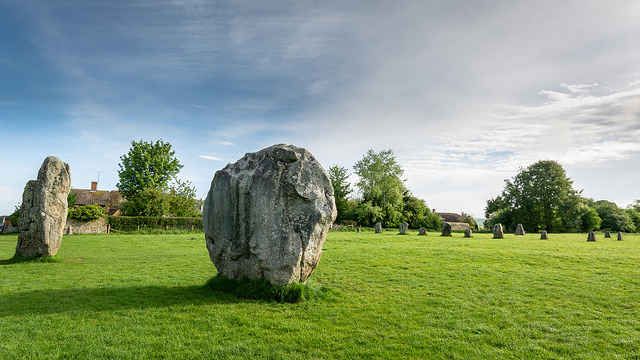This week’s topic in the connected learning course #el30 is Community. Stephen introduces this in the course newsletter. I began with an ‘aha’ moment, then did a search to find the origins of the word, then looked to see what I might have blogged about community before, and here we are. I did write a post about community some time ago, and it’s interesting to see what words I used when unprompted by the context of the current course:
Community. Trust. Communication. Personal. Stories. Interest. Talking. Inquiry. Curiosity. Care. Friends. Time.
I rather like that, and it links to my aha moment. This evening my Community Orchestra performs an informal concert to friends and family (we even have a good luck message from Alexander Bernstein for our rendition of Mambo 🙂 ) Thinking of that orchestra, we are 40 people, all very different. We know very little about one another, yet we come together for a common goal. Stephen introduced the topic with an element of community being about ‘sameness’ (he does move on from this, but go with me for a moment), and I thought how completely contrary we were to that. All walks of life, all ages, instruments that don’t necessarily go in an orchestra – but what we had was a common goal, a common experience – a purpose.
Stephen hints at this in his intro when he says:
…community and consensus are about more than voting and about more than having power. What is required for a community to work is not merely control, but agreement on the part of the members of the community.
Certainly in the orchestra there is not individual power. The oboe alone cannot carry the music any more than the clarinet, the viola, or the saxophone (yes, we have saxophones in our orchestra), but together they can each contribute their skill, individual sound colours, and contribute to create something far more than any one alone. I stand as conductor and (hopefully) make no sound at all. It is only through them that the music is realised. Maybe that’s a good analogy for learning in a class/course:
There may be a teacher/facilitator, but in truth nothing comes out of them. I don’t mean they are useless, but It is only through the voices of the students, their interaction and willingness to work together, participate, and realise concepts and content that we get the living art that is music.
In a community people contribute – how and when and why is all for another conversation, but there is contribution and also awareness. Contribution without awareness is either carrying out chores or charity. By awareness I mean a sort of sense of place, of giving and being received, of having bonds or connections, whether in the form of creating sound sound (as with the orchestra), a gentle word, a polite nod, or something so simple as being called by name. And there is flux. There will be times when there seems to be a shift, as opposed to an unbalance, where one needs rest and others do the supporting. Awareness and care.
Stephen talks about trust. This too. We cannot engage in a common anything, collaborate and learn without trust.
I look forward to this week’s resources and discussions.
Featured image shows Averbury Stones by Andrew Foster CC-BY-NC-ND because old stones in an English village somehow invoke community for me.

Pingback: The Quest for Community - lauraritchie.com
Pingback: Consensus and community in the distributed web – Jenny Connected
Interesting post and comments…
When we look at (what I’ll call) natural communities (as opposed to organized communities) they have two major features: lack of trust, and lack of mutual engagement, shared repertoire and joint enterprise.
Think of your average city. There may be a lot of what we call ‘trust’ (eg. people stopping at stop signs) but in nearly all cases there’s also an enforcement mechanism, because we don’t actually trust people (eg. to actually stop).
Similarly, while in a city we can talk about engagement, repertoire and enterprise (and we should) in most cases there is no engagement, repertoire and enterprise that is _common_ to everybody in the city. Cities are polyglot, factional, disjointed. Yet, still – they are communities.
The challenge (indeed, maybe even the challenge of our times) is how to understand and improve communities were people are *not* engaged in the same enterprise as everyone else.
Hi Laura – you have described what I have always understood to be a community of practice, which for me has been informed by Etienne Wenger’s work, which I expect you know of. He defines a community of practice in his terms here – http://wenger-trayner.com/resources/what-is-a-community-of-practice/
In his book – Communities of Practice: Learning Meaning and Identity, he discusses at length the dimensions of CoPs which he sees as mutual engagement, shared repertoire and joint enterprise. This seems to match how your community orchestra work together.
In the past I have spent quite a number of years following Etienne’s work and trying to understand the significance of his ideas for learning.
In reading Stephen’s synopsis, I have a feeling that he might be taking a different approach, and that the whole thing is going to hinge on how algorithms achieve consensus, so that we can trust the information we find online. I found the first article in this week’s resources quite helpful in this respect – https://medium.com/s/story/lets-take-a-crack-at-understanding-distributed-consensus-dad23d0dc95
Thanks for sharing your first thoughts.